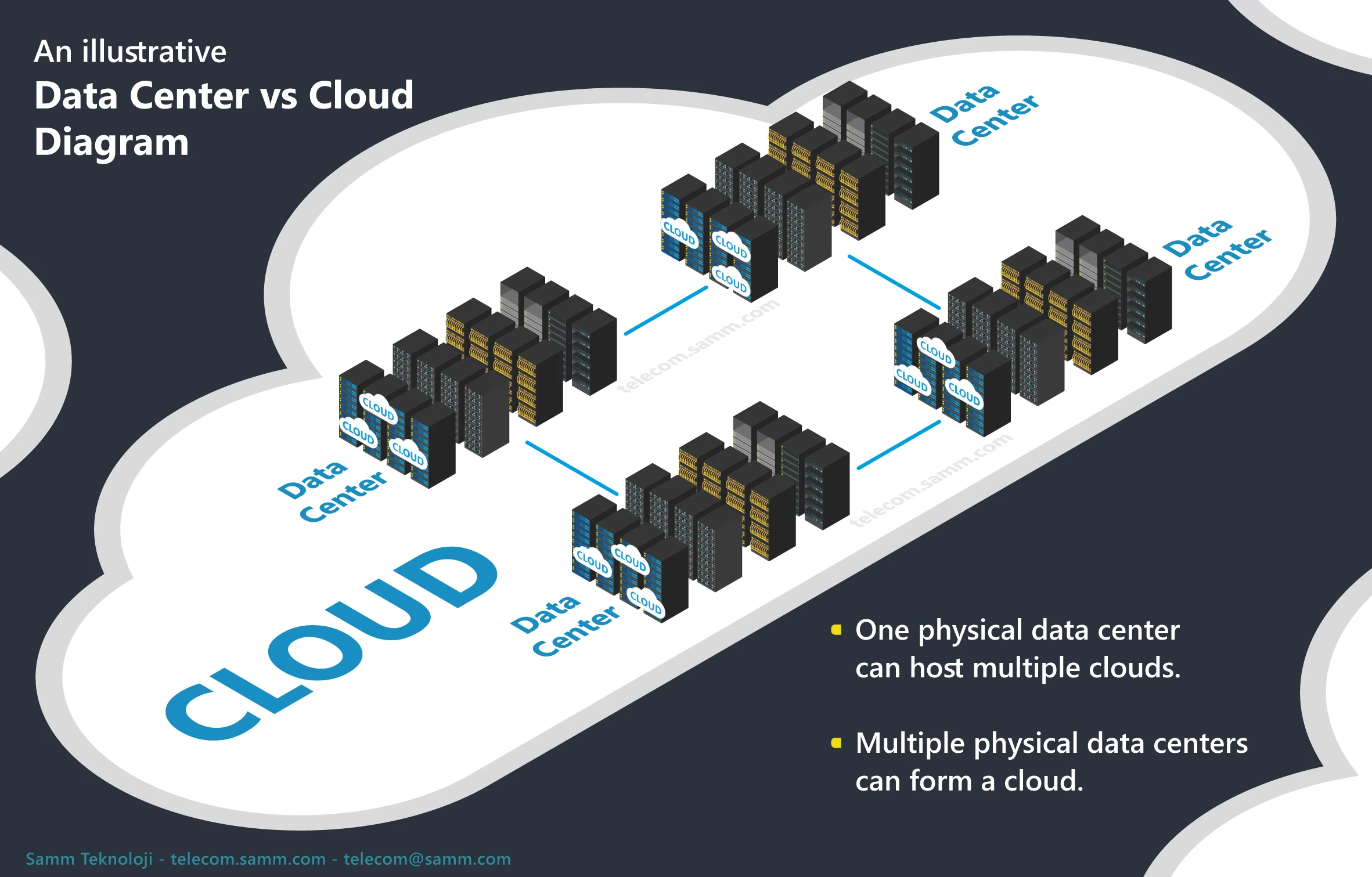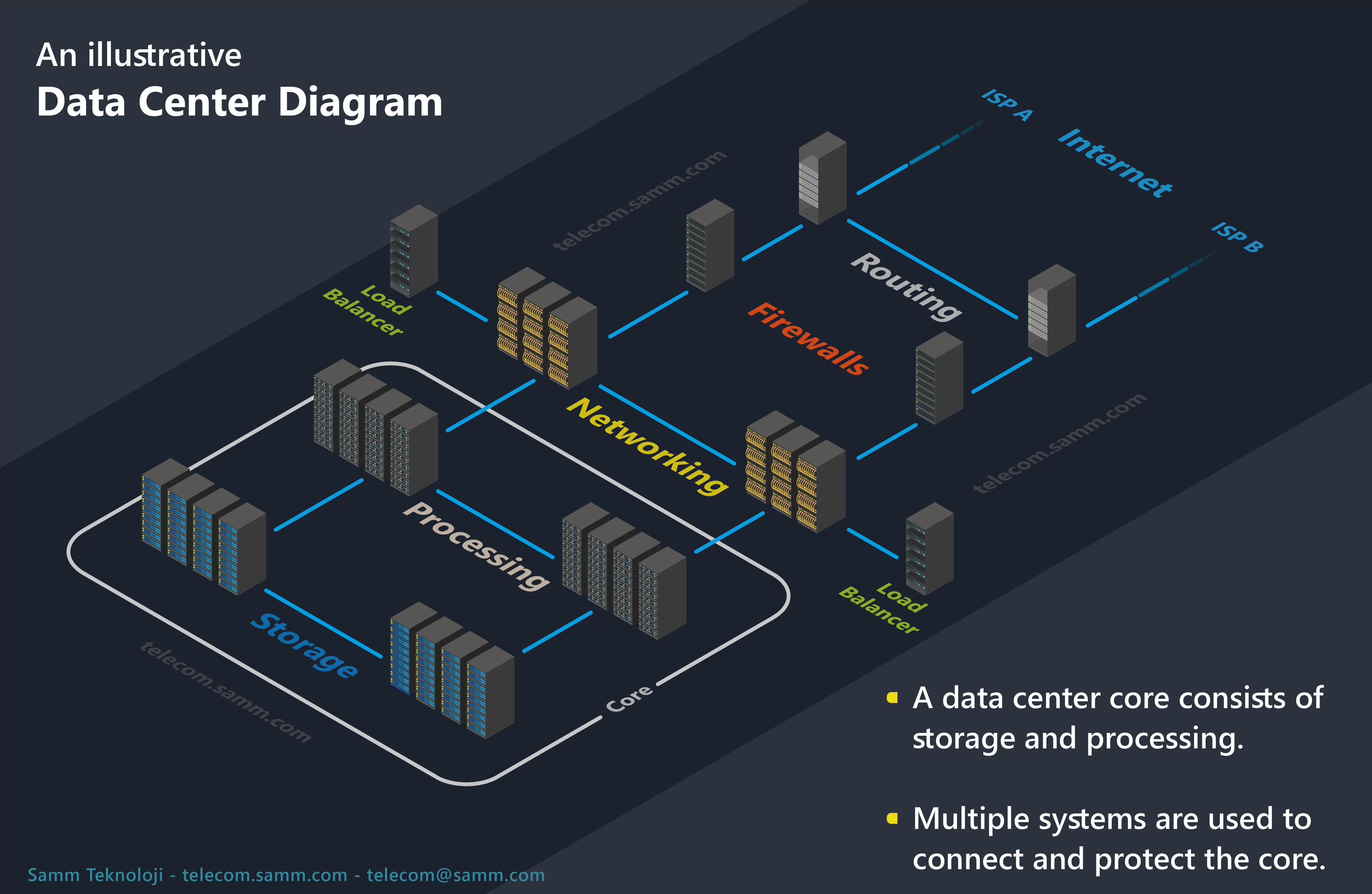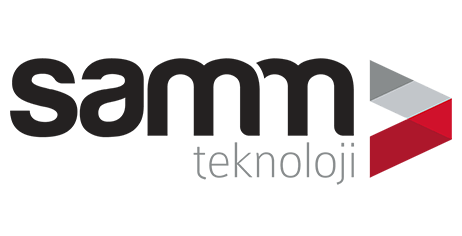 01 December 2021
01 December 2021
What is a Data Center?
The meaning of data center is not absolute, but it is essentially a collection of storage, processing and networking used to keep and give access to data, services and applications. A data center can be physically setup in a facility, or it can a be virtually setup within a physical data center, and it gets accessed remotely as a cloud data center. A physical or a cloud data center may include additional equipment, software and systems. Additional equipment, software and systems work together to provide network connectivity, hardware and software protection, continuity of operation, and maintenance.
What Does a Data Center Do?
The storage, processing and networking parts of a data center accommodate and interconnect business software like data, services or applications. Data centers became a core element of our digital life, because they help businesses host, process, manage, transfer and share data, services and applications that we use daily. Businesses may keep data, services and applications for local access only, share them with remote facilities, or share them publicly over the internet.
What is The Difference Between a Data Center and a Cloud?
In reality, all data centers are physical. However, if a part of a data center, or a group of data centers, is rented and accessed remotely, it may be called a cloud data center. To put it another way, a physical data center can host multiple virtual cloud data centers within it. And vice versa, multiple physical data centers can work together and form a cloud data center.

What Are The Main Components of a Data Center?
The main components of a data center are computing servers, storage infrastructure, network infrastructure, network security, software delivery assurance, power infrastructure, environmental management, safety and security. To think comprehend it more easily, a data center is like a personal computer but on a larger scale.

Storage Infrastructure
The storage infrastructure of a data center is basically server copmuters with high storage capacity, used for storing data, services and applications. The storage infrastructure may imply local drives, remote drives, cloud storage, storage management, storage networking and backup applications and utilities. As a simple example, the storage infrastructure in a data center is like hard disks and SSDs in a personal computer.
Computing Servers
The computing core of a data center is a local, remote or virtual cluster of server computers that provide processing, memory, local storage, and network connectivity for applications and services. The computing servers define how powerful the data center is, because they provide all the processing power. The computer servers in a data center play the same role of a CPU in a personal computer.
Network Infrastructure
A data center has complex cabling, routers and switches layout that form the network infrastructure. It connects all the parts of the data center, whether local or virtual, to each other and to external networks. In other words, a network infrastructure in a data center connects all the components together, like a motherboard in a personal computer.
Network Security
The network security of a data center is provided by firewall, anti-virus and intrusion protection utilities. These utilities can either be setup on a dedicated hardware server on installed as software on the central computing servers. The network security of a data center is similar in function to the firewall and anti-virus on a personal computer.
Software Delivery Assurance
The software delivery assurance utilities maintain applications and services performance, resiliency and availability using automatic failover and load balancing mechanisms. The software delivery assurance works like a troubleshooter on a personal computer. Therefore, when a problem happens it finds instant solutions and alerts admins.
Power Infrastructure
Data centers require electric power that is properly regulated, distributed and uninterrupted. Data centers commonly derive power form urban electric grids then, using transformers, regulate the electricity to the correct voltage and current. Main distribution boards, distribute the power utilizing circuit breakers, safety fuses, and grounding routes. In addition, there is an uninterrupted power supply system that prevents outages and works on batteries or generators. Although, most data centers have fossil fuel generators, modern ones are shifting to solar and wind energy as a more environmentally friendly solution.
Environmental Management
The equipment in data centers is very delicate and require a controlled environment to keep functioning. Environmental management depends on various sensors such as thermometers, humidity sensors, and water sensors. The system circulates air, with certain temperature and humidity, through designated vents to keep the rooms in the perfect condition. All of this is to prevent condensation in the air and high temperatures that may cause the data center equipment to overheat or get damaged.
Data center Safety
In addition to conditioning the ambience, businesses must protect data centers from pollution, accidents and hazards. They must equip them with fire and gas alarms, water flood detectors, and smoke or fire suppressions systems that keep the data centers functioning for as long as possible in case of an emergency.
Security
Data centers have very strict rules for human access, only authorized personnel are to manage data centers from the inside. Furthermore, additional perimeter intrusion detection is very important to ensure the safety of data centers. That is why businesses are heading now toward using fiber optic perimeter intrusion detection systems. Such systems provide early alarms and quick responses against unauthorized human intervention. Some businesses prefer using “DARK” data centers, which do not require any human interference to be monitored and maintained. No human interference reduces human errors and reduces the need for logistic human requirements like lighting. Data centers are safer because they minimalize human interference and error. In the near future, dark data centers will become more common as the ultimate solution for data center security.




About Samm Teknoloji
Fiber Optic Cable Manufacturer
Being a Turkish fiber optic cable manufacturer and an efficient supplier for Europe, Asia and America, SAMM Teknoloji joined the global market with very high potential. SAMM designs and manufactures a wide variety of fiber optic cable types optimized for fixed or mobile networks that can be used in indoor and outdoor environments. SAMM offers reliable, cost-effective optical products to meet the needs of customers with innovative products developed and tested in accordance with international standards.
Fiber Optic Assemblies Producer
As a fiber optic cable assemblies producer and supplier in Turkey and an optical assemblies supplier for Europe and Asia, Samm Teknoloji has been providing high-quality and reliable fiber optic cable assemblies since 2006. Due to our fully equipped production facilities, laboratories and long-term expertise in fiber optics, we are able to produce a first class fiber optic assemblies portfolio that ensure the highest level reliability. Therefore, one of the main priority is the ongoing expansion and advancement of the manufacturing capabilities.
Data Center Solutions Producer
As a Turkish producer of future-ready fiber optic data center equipment, SAMM Teknoloji produces UHD ultra high density MTP/MPO panels and cassettes, modular panels and cabling raceways. SAMM Teknoloji has also kept pace with the accelerating spread of Cloud Computing, which has increased the need for mega Data Centers. SAMM provides Data Center solutions and products that suit all structures with high data storage density, data traffic and data security.

